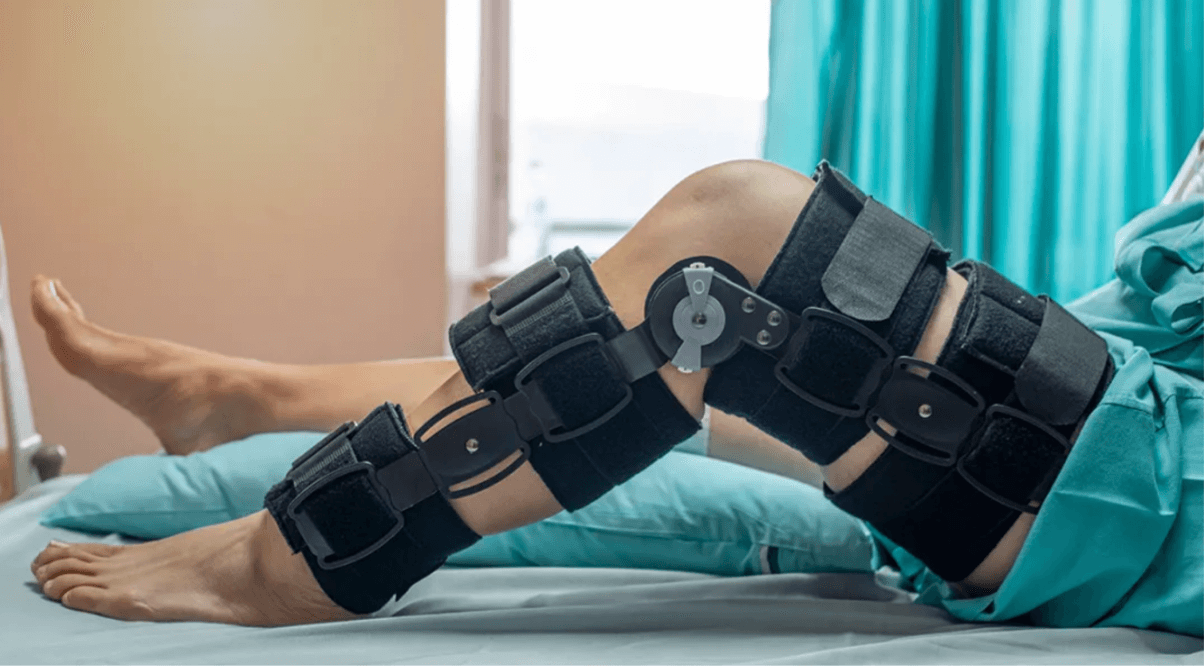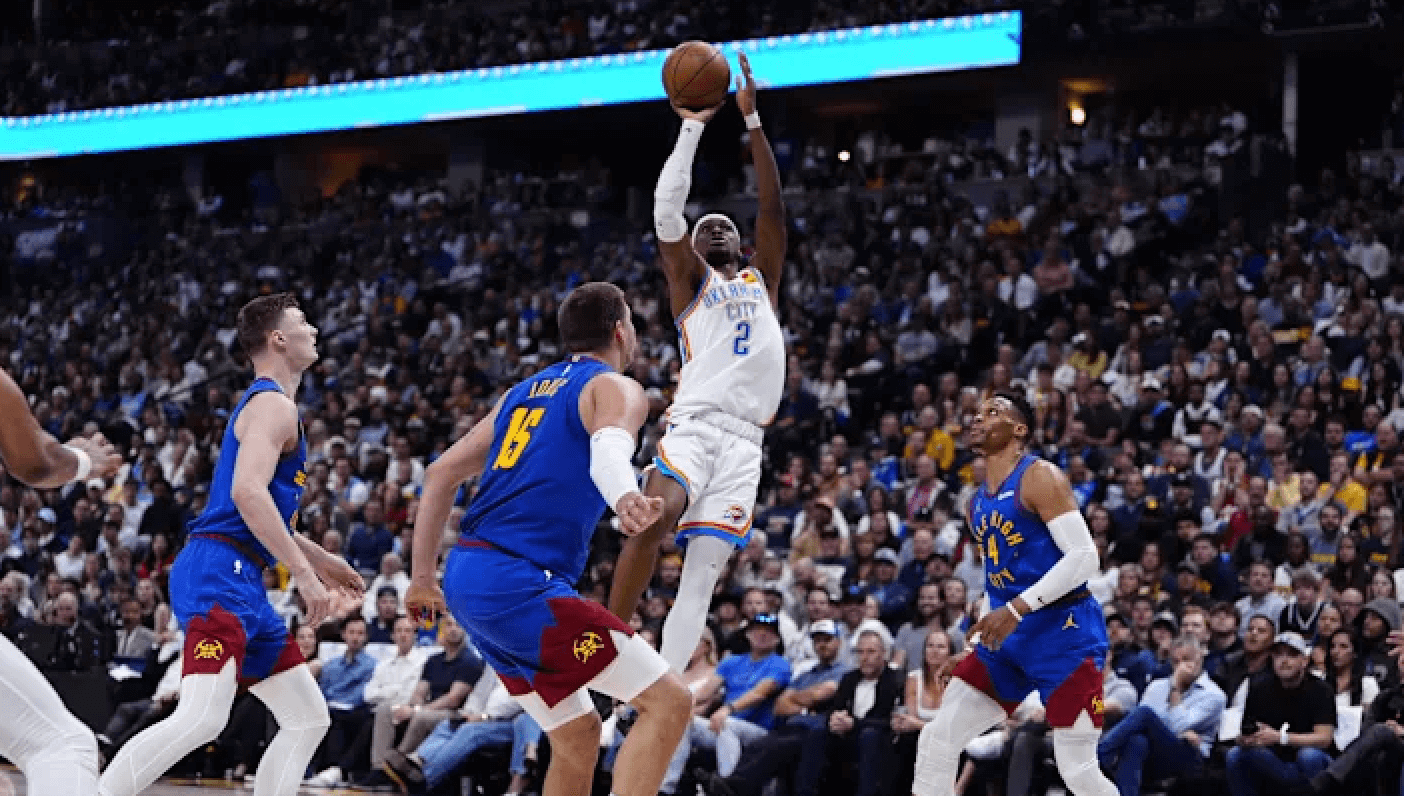The anterior cruciate ligament (ACL) provides significant support to the knee. After a tear, shifting can occur between the femur and the tibia and can cause pain, swelling, and significant instability. Regardless of whether a surgery is determined to be appropriate, improving the stability of the knee is very beneficial and can help improve functional abilities after an injury like this.
Building Strength
The ligaments and other cartilaginous structures within the joint provide some inherent stability to the knee. The majority of the support, however, comes from the contractile tissues – the muscles – surrounding the joint.
Within the context of the knee, it is important to strengthen the muscles that cross the joint. The hamstrings cross the back of the knee and are responsible for knee flexion and extending the hip. The quadriceps are responsible for knee extension and help the kneecap maintain its correct positioning as we bend and straighten the knee. The muscles of the inner thigh – the adductors, cross the inner aspect of the knee and can help provide stability when forces attempt to push the knee inward toward the other leg. Additionally, the abductor muscles of the hip which allow us to lift the leg outward can help provide further stability. By controlling the positioning of the femur using these muscles, we can limit the amount of stress that is applied through the knee joint.
Physical Therapy & ACL Surgery
A physical therapist will help to identify areas of weakness that contribute to knee stability and provide a detailed exercise plan to improve the strength of these muscles. Studies have shown that doing this prior to surgery can help improve outcomes afterward. For instance, people may be better able to activate the muscles around the knee easier if they perform strengthening exercises prior to surgery. This can allow for quicker progression and ultimately return to normal function sooner.
If you have experienced a knee injury, physical therapy can help by identifying factors that may contribute to poorer function. A physical therapist can prescribe exercises and stretches to increase range of motion, build strength, improve flexibility and balance to promote return to normal function. Call Respire Physical Therapy at 703-671-1871 or click here to request an initial evaluation with a physical therapist to get started on your recovery journey!
Tags: acl tear, ACL, pt education, acl reconstruction, Pre and Post Surgical Rehab, choosept, arlingtonva, alexandriava, Physical Therapy, acl injury, Respire Physical Therapy, fallschurchva, physical therapist, ptworks, knee pain



